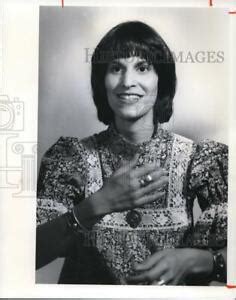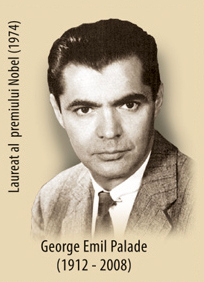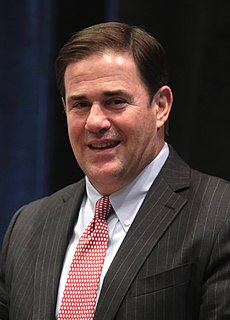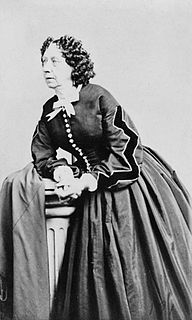A Quote by Suzanne Gordon
In our 'don't just sit there, do something' culture, when we get sick we are supposed to become characters in a heroic medical narrative that conceals the remorselessness of pathology, the intractable fact of human vulnerability, and the inevitable inadequacies of medicine. To many of the participants in the medical drama, aggressive treatment - even when it fails - represents a quasi-religious quest for immortality and meaning.
Related Quotes
Many of those in the medical fraternity instantly label treatments in the traditional, natural or holistic health fields as quackery. This word is even used to describe Traditional Chinese Medicine and the Indian Ayerveda, two medical systems which are far older than Western medicine and globally just as popular.
In 1973, I left the Rockefeller University to join the Yale University Medical School. The main reason for the move was my belief that the time had come for fruitful interactions between the new discipline of Cell Biology and the traditional fields of interest of medical schools, namely Pathology and Clinical Medicine.
One strand of psychotherapy is certainly to help relieve suffering, which is a genuine medical concern. If someone is bleeding, you want to stop the bleeding. Another medical aspect is the treatment of chronic complaints that are disabling in some way. And many of our troubles are chronic. Life is chronic. So there is a reasonable, sensible, medical side to psychotherapy.
There's a classic medical aphorism: 'Listen to the patient; they're telling you the diagnosis.' Actually, a lot of patients are just telling you a lot of rubbish, and you have to stop them and ask the pertinent questions. But, yes, in both drama and medicine, isolated facts can accumulate to create the narrative.
August [Wilson] elevates in us is the average man in a way that is heroic and real and human. What you do is you sit with our pathology, you invest in our humanity. We're not walking around like walking symbols like we mean something larger. We're just moving throughout our lives and that's the power of the piece. That's revolutionary.
The medical system in the United States is among the best in the world, if not the best. What if we were to make the United States a medical destination? That would bring a lot of people here because there are a lot of sick people around the world. If they can get U.S. treatment, they will take it, but now think about what that will do.
The Internet ethos of diversity and competition runs exactly counter to uniform, gatekeeper-oriented medical culture - the technocratic philosophy of the 'one best way' embodied in our pharmaceutical regulations. On the Net, medical information is abundant, and pharmacies, domestic and foreign, operate on many different models.
And it was back in the mid-1980s, and as I point out in a piece, that was when we are spending about eight percent of our gross domestic product on health care. And even then, we had the impression that so much of the excessive, aggressive medical treatment that took place at the end of life was not only unnecessary but it was cruel.
A noted cancer specialist in Boston said he believed that if some simple and inexpensive replacement for Chemotherapy for the treatment of cancer were found tomorrow, all US medical schools would teeter on the verge of bankruptcy, so integral a part of their hospital revenues is oncology, the medical specialty of cancer treatment
You are taken sick; you send for a physician; he comes in, stays ten minutes, prescribes for you a healing medicine, and charges you three or four dollars. You call this 'extortionate' - forgetting the medical books he must have waded through, the revolting dissections he must have witnessed and participated in, and the medical lectures he must have digested, to have enabled him to pronounce on your case so summarily and satisfactorily.
Unless we put medical freedom into the Constitution, the time will come when medicine will organize into an undercover dictatorship to restrict the art of healing to one class of Men and deny equal privileges to others; the Constitution of the Republic should make a Special privilege for medical freedoms as well as religious freedom.



































